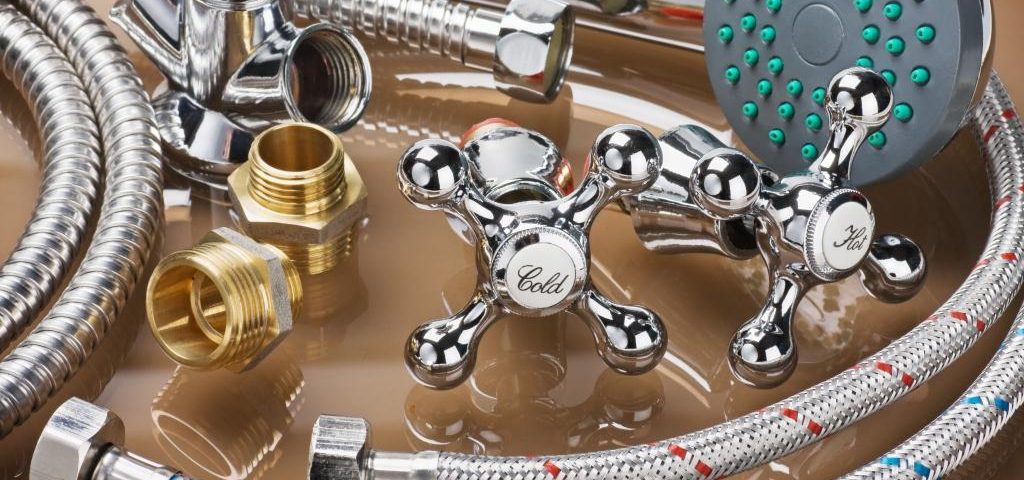Natural Gas Use and Detection in the Home

Understanding natural gas and how to use it properly in the home is extremely important. Although there is some risk in using natural gas, it is one of the most safe and efficient fossil fuel sources available. Over 65 million residents of the United States use natural gas to fuel their home appliances, including hot water heaters and gas stoves. It produces far lower amounts of greenhouse emissions than coal, oil and wood fuel.
Gas Use Inside the Home
For homes that have a natural gas stove, there are usually between 5-15 parts per million of natural gas in the air inside of your home. Anything higher than 30 parts per million of natural gas will indicate a problem and is dangerous. Detectors are the best way to indicate dangerous levels of gas in your home. A carbon monoxide detector that can easily alarm you to gas reaching or moving past safe levels is the best way to be safe from this threat. Winter is an especially risky season because the usual home ventilation methods are closed off in order to retain heat in the home. Special attention should be paid to areas surrounding gas stoves, fireplaces and other areas to ensure an excessive amount of gas is not present.
How to Detect a Natural Gas Leak
Usually natural gas leaks are indicated by the sense of smell – it smells like rotten eggs to most people. However that smell is actually a scent that is added to the gas so that people can easily spot a leak. Natural gas is actually odorless, so it would be pretty hard to detect. So what should a person do if they have a poor sense of smell, or have a cold and cannot smell anything at all? There are alternatives to identifying a gas leak, including using alarm sensors that go off with the detection of any unsafe level of the gas.
What to Do if a Gas Leak is Detected Indoors
If you suspect a natural gas leak inside of your home, immediately stop what you are doing and go outside. This is extremely important to take seriously because inhaling high concentrations can lead to asphyxia and even death. Because it is highly combustible, a small ignition source such as an electrical spark can trigger a fire or explosion. As you are exiting your home do not flip any electrical switches or unplug anything, nor should you use a land line or mobile phone indoors. Once you and your family and pets are safely outside, contact the local authorities to properly check your home.
While natural gas is safe and efficient, inherently there are risks to its use. Like any fuel source, proper precautions on ventilation and control are important when using it inside of a home. Understanding how to properly use natural gas and detect a leak is key to keeping yourself and your family safe.
